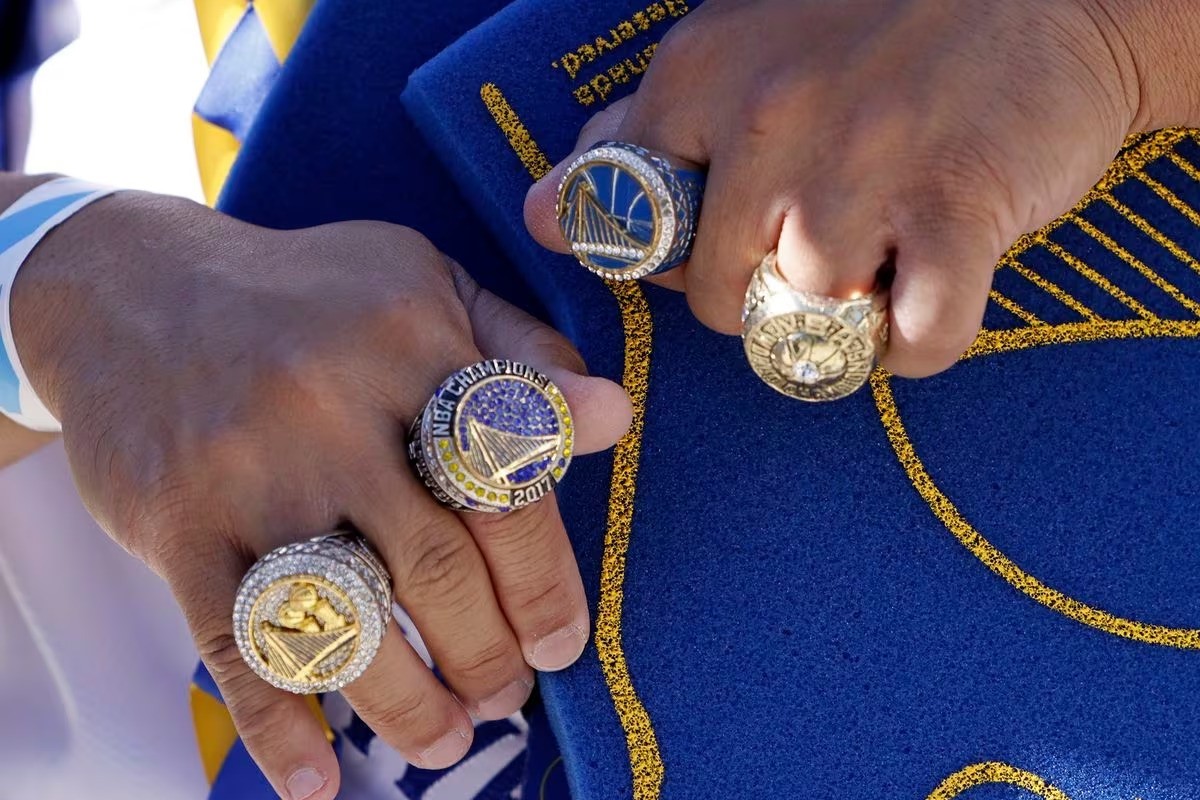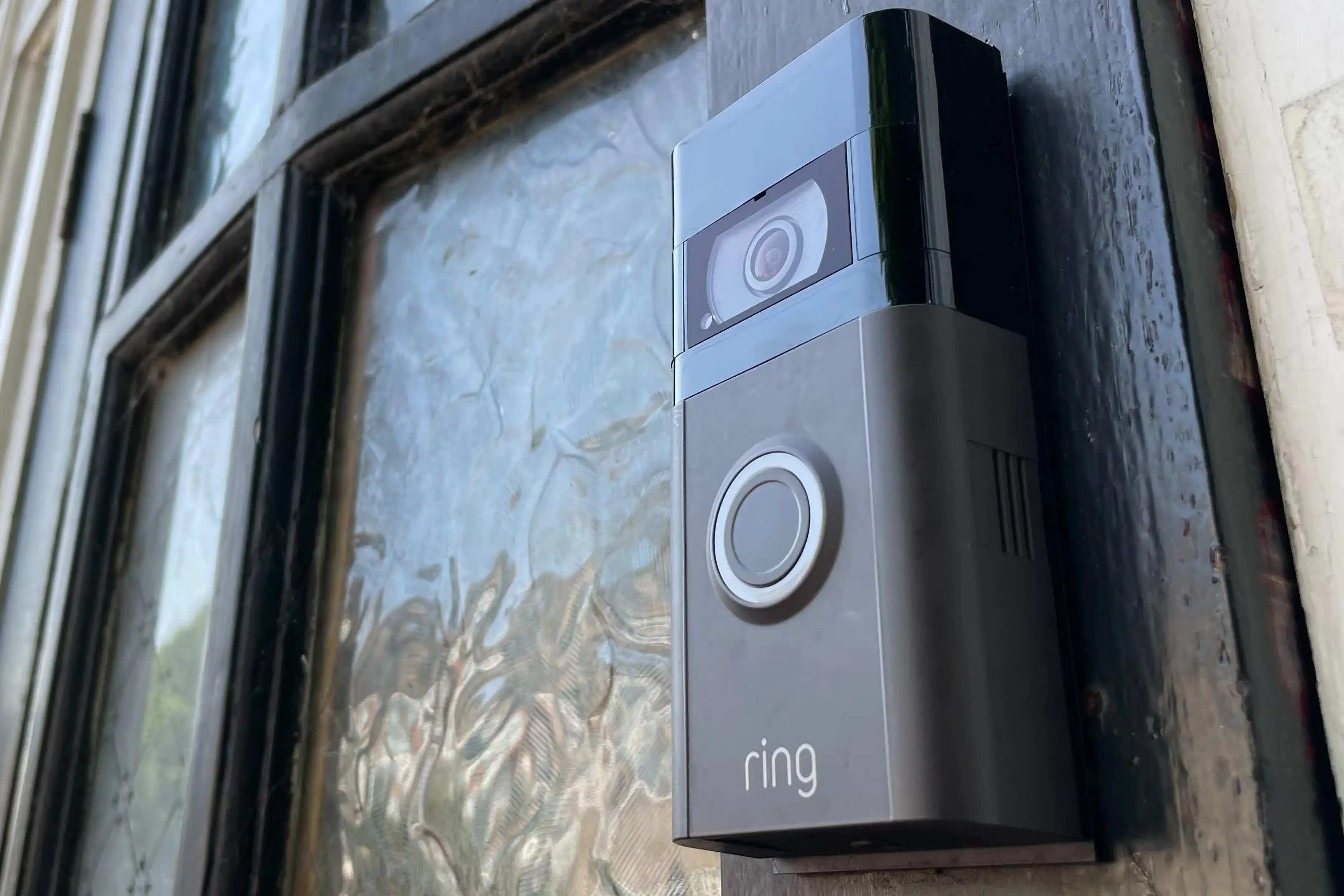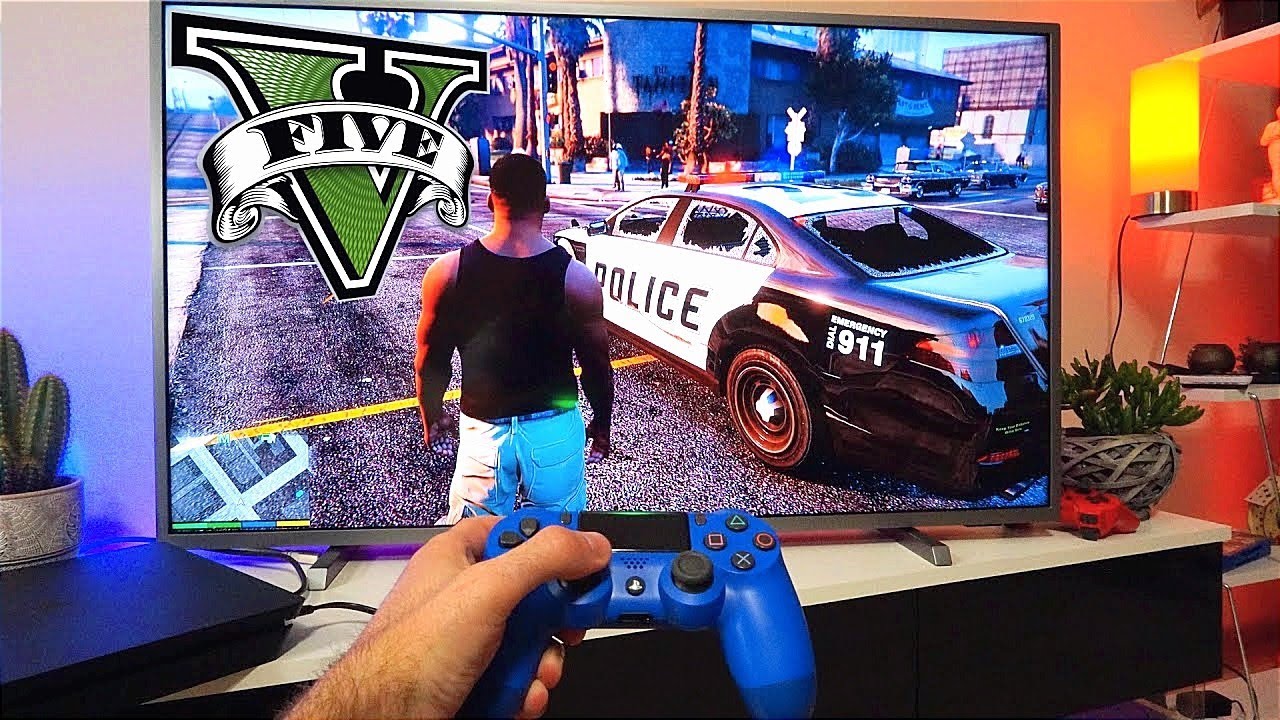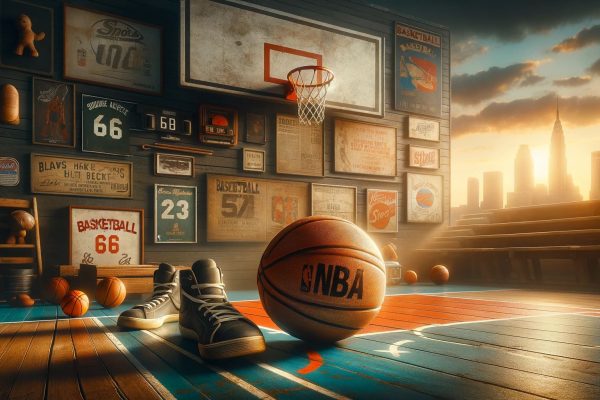Home>Sports>NBA Legends Selling Their Championship Rings And Other Trophies


Sports
NBA Legends Selling Their Championship Rings And Other Trophies
Published: January 25, 2024
Discover a unique collection of NBA legends' championship rings and trophies for sale. Explore the sports memorabilia of your favorite athletes.
(Many of the links in this article redirect to a specific reviewed product. Your purchase of these products through affiliate links helps to generate commission for Noodls.com, at no extra cost. Learn more)
Table of Contents
- Introduction
- Why NBA legends are selling their championship rings and other trophies
- Notable NBA legends who have sold their championship rings and trophies
- The impact of selling championship rings and trophies on the legacy of NBA legends
- The future of championship rings and trophies in the hands of NBA legends
- Conclusion
Introduction
In recent years, a surprising trend has emerged in the world of sports memorabilia: NBA legends selling their championship rings and other trophies. These iconic symbols of triumph and glory, once cherished possessions that encapsulated the pinnacle of their careers, are now finding their way into the hands of collectors and enthusiasts. The reasons behind this unexpected phenomenon are multifaceted, encompassing financial considerations, personal motivations, and the evolving perception of sports memorabilia.
The decision to part ways with championship rings and trophies represents a significant departure from the traditional narrative of athletes preserving these accolades as tangible testaments to their hard-earned victories. This shift prompts a deeper exploration into the underlying factors driving NBA legends to relinquish these cherished mementos, as well as the implications of such actions on their legacies.
As we delve into this intriguing development, it becomes evident that the motivations behind these sales extend beyond mere financial gain. They reflect a profound reevaluation of the significance of sports memorabilia in the lives of these esteemed athletes, shedding light on the evolving dynamics between personal legacy, material possessions, and the enduring impact of their achievements on the sporting world.
This article aims to unravel the complexities surrounding the trend of NBA legends selling their championship rings and other trophies, offering insights into the notable figures involved, the implications for their legacies, and the potential ramifications for the future of sports memorabilia in the hands of these revered athletes. By delving into this captivating phenomenon, we gain a deeper understanding of the intricate intersection between athletic prowess, personal legacy, and the evolving landscape of sports memorabilia.
Why NBA legends are selling their championship rings and other trophies
The decision of NBA legends to sell their championship rings and other trophies is a multifaceted phenomenon that stems from a confluence of personal, financial, and cultural factors. One of the primary drivers behind these sales is the potential financial windfall they offer. For some retired athletes, especially those facing financial challenges or seeking to invest in new ventures, the substantial monetary value attached to these iconic items presents an attractive opportunity. The proceeds from such sales can provide a significant financial cushion or serve as a means to support charitable causes, thereby leveraging the historical significance of these items for a greater purpose.
Moreover, the evolving perception of sports memorabilia has played a pivotal role in influencing the decisions of NBA legends to part ways with their championship rings and trophies. As the market for sports collectibles continues to expand, driven by fervent collectors and enthusiasts, the demand for these coveted items has surged. This heightened interest has not only elevated the monetary value of championship rings and trophies but has also transformed them into sought-after artifacts with cultural and historical significance. Consequently, NBA legends may view the sale of these items as a means to share their triumphs with a broader audience, allowing fans and collectors to own a tangible piece of basketball history.
Additionally, the changing dynamics of personal legacy and the evolving role of material possessions in the digital age have contributed to the decision-making process of NBA legends. In an era where digital media and virtual experiences hold increasing sway, the sentimental attachment to physical mementos may have diminished for some athletes. This shift in perspective, coupled with the desire to declutter and streamline their personal possessions, could prompt NBA legends to part with their championship rings and trophies, viewing them as symbols of past achievements rather than indispensable keepsakes.
Furthermore, the decision to sell championship rings and trophies may also reflect a broader reevaluation of the significance of material possessions in relation to personal fulfillment and legacy. As NBA legends transition into new chapters of their lives, the symbolic weight of these items may evolve, prompting them to reassess the true essence of their legacies beyond tangible artifacts. This introspective process may lead to a redefinition of what truly encapsulates their enduring impact on the sporting world, transcending the confines of material possessions.
In essence, the motivations behind NBA legends selling their championship rings and other trophies are deeply intertwined with financial considerations, the evolving perception of sports memorabilia, changing attitudes towards material possessions, and a profound reevaluation of personal legacy. These complex and interconnected factors underscore the intricate nature of this trend, shedding light on the multifaceted reasons that drive these esteemed athletes to part ways with their most cherished accolades.
Notable NBA legends who have sold their championship rings and trophies
The trend of NBA legends selling their championship rings and trophies has garnered widespread attention, with several iconic figures making headlines for parting ways with these revered symbols of their triumphs. Among the notable NBA legends who have chosen to sell their championship rings and trophies is Oscar Robertson, a basketball luminary renowned for his exceptional skills and indelible impact on the sport. In 2013, Robertson made waves in the sports memorabilia world by auctioning off his 1971 Milwaukee Bucks NBA championship ring, marking a significant departure from the traditional narrative of athletes preserving these accolades as tangible testaments to their hard-earned victories.
Another prominent figure in the realm of basketball history, Julius "Dr. J" Erving, also made a notable decision to sell his championship ring. The esteemed Hall of Famer, celebrated for his electrifying playing style and influential career, opted to auction his 1983 Philadelphia 76ers NBA championship ring, a move that reverberated across the sports community. This unexpected development underscored the evolving dynamics surrounding the significance of sports memorabilia and prompted a deeper exploration into the motivations driving such decisions.
In addition to Robertson and Erving, the revered Wilt Chamberlain, a towering figure in the annals of basketball, also contributed to this trend by selling his cherished memorabilia. Chamberlain, known for his unparalleled dominance on the court and numerous accolades, including NBA championships, made the decision to part with his championship rings and other memorabilia, signaling a profound shift in the traditional narrative surrounding the preservation of these iconic items.
Furthermore, the esteemed Kareem Abdul-Jabbar, a legendary figure whose impact transcended the basketball court, also entered the realm of sports memorabilia sales by offering his championship rings and other significant items for auction. This decision, made by one of the most iconic and influential figures in NBA history, underscored the complex interplay of personal, financial, and cultural factors that underpin the trend of NBA legends selling their championship rings and trophies.
These instances represent a mere fraction of the notable NBA legends who have chosen to part ways with their championship rings and trophies, each decision carrying its own unique significance and contributing to the broader narrative of this intriguing trend. As these esteemed athletes navigate the intersection of personal legacy, material possessions, and the evolving landscape of sports memorabilia, their actions prompt a deeper examination of the multifaceted motivations that drive such sales and the implications for their enduring legacies.
The impact of selling championship rings and trophies on the legacy of NBA legends
The decision of NBA legends to sell their championship rings and trophies carries profound implications for their enduring legacies, transcending the realm of material possessions and resonating deeply within the annals of basketball history. This unexpected trend has sparked contemplation and debate, prompting a reevaluation of the traditional narrative surrounding the preservation of these iconic symbols of triumph and glory.
One of the most notable impacts of selling championship rings and trophies is the redefinition of personal legacy. For NBA legends, these items have long served as tangible manifestations of their unparalleled achievements, encapsulating the pinnacle of their careers and symbolizing their indelible impact on the sport. The decision to part ways with these cherished mementos represents a departure from the conventional perception of legacy preservation, prompting a reexamination of what truly defines and perpetuates their enduring influence.
Moreover, the sale of championship rings and trophies introduces a nuanced dimension to the narrative of athletic triumphs. It challenges the traditional notion that these items are sacrosanct, immutable testaments to the unwavering dedication and unparalleled prowess of the athletes who earned them. This departure from convention prompts a broader conversation about the evolving dynamics of personal legacy and the multifaceted ways in which it can be preserved and perpetuated.
Furthermore, the impact of selling championship rings and trophies extends beyond the individual athletes to the broader cultural and historical significance of these items. As these iconic symbols change hands and find new homes, they become part of a larger narrative, intertwining the legacies of the athletes with the stories of the collectors and enthusiasts who now possess these tangible pieces of basketball history. This interplay between personal legacies and the broader cultural tapestry of sports memorabilia underscores the far-reaching implications of these sales.
Additionally, the decision to sell championship rings and trophies prompts introspection and contemplation within the sporting community and among fans. It sparks conversations about the evolving nature of sports memorabilia, the shifting perceptions of material possessions, and the enduring impact of athletic achievements. This introspective dialogue serves to enrich the collective understanding of the intricate intersection between personal legacy, material possessions, and the indelible imprint of NBA legends on the sporting world.
In essence, the impact of selling championship rings and trophies on the legacy of NBA legends transcends the realm of material possessions, ushering in a new chapter of contemplation, redefinition, and introspection. It prompts a deeper examination of the multifaceted dimensions of personal legacy, cultural significance, and the enduring resonance of athletic achievements, enriching the narrative of basketball history and perpetuating the timeless legacy of these esteemed athletes.
The future of championship rings and trophies in the hands of NBA legends
The evolving trend of NBA legends selling their championship rings and trophies raises compelling questions about the future disposition of these iconic symbols of athletic triumph. As esteemed athletes navigate the intersection of personal legacy, material possessions, and the evolving landscape of sports memorabilia, the trajectory of championship rings and trophies in their hands becomes a subject of profound contemplation.
One plausible scenario is the continued diversification of approaches adopted by NBA legends regarding their championship rings and trophies. While some athletes may choose to part ways with these cherished mementos, others may opt to retain them as enduring symbols of their unparalleled achievements. This divergence in decision-making reflects the deeply personal nature of these items and underscores the multifaceted motivations that drive the actions of these esteemed athletes.
Furthermore, the future of championship rings and trophies in the hands of NBA legends may witness a reimagining of their significance within the broader context of sports memorabilia. As the market for sports collectibles continues to expand, driven by fervent collectors and enthusiasts, these iconic items may assume new roles as cultural artifacts with historical significance. This transformation could elevate the intrinsic value of championship rings and trophies, positioning them as revered symbols of basketball history that transcend individual ownership.
Moreover, the future disposition of championship rings and trophies in the hands of NBA legends may be influenced by the evolving dynamics of personal legacy and the redefinition of what constitutes enduring impact. As athletes continue to navigate the complexities of their post-retirement lives, the symbolic weight of these items may evolve, prompting a reevaluation of their significance within the broader narrative of athletic achievements and cultural resonance.
Additionally, the future may witness collaborative endeavors between NBA legends and the sports memorabilia community, fostering innovative approaches to the preservation and perpetuation of these iconic items. This collaborative spirit could give rise to initiatives aimed at showcasing championship rings and trophies in curated exhibitions, digital archives, or interactive experiences, thereby enriching the collective appreciation of their historical and cultural significance.
In essence, the future of championship rings and trophies in the hands of NBA legends is characterized by a tapestry of possibilities, shaped by the deeply personal decisions of the athletes, the evolving landscape of sports memorabilia, and the enduring resonance of athletic achievements. This dynamic landscape invites contemplation and anticipation, underscoring the enduring allure and cultural significance of these revered symbols of triumph and glory.
Conclusion
The trend of NBA legends selling their championship rings and other trophies represents a captivating and thought-provoking development that transcends the realm of sports memorabilia. It embodies a profound reevaluation of personal legacy, material possessions, and the enduring impact of athletic achievements, prompting contemplation and introspection within the sporting community and among fans. As esteemed athletes navigate the intersection of financial considerations, evolving perceptions of sports memorabilia, and the changing dynamics of personal legacy, the decision to part ways with these cherished mementos reflects a complex interplay of motivations and implications.
The multifaceted reasons driving NBA legends to sell their championship rings and trophies underscore the intricate nature of this trend, shedding light on the evolving dynamics between personal legacy, material possessions, and the enduring impact of their achievements on the sporting world. The impact of these sales extends beyond the individual athletes, resonating deeply within the annals of basketball history and prompting a redefinition of what truly defines and perpetuates their enduring influence.
As these iconic symbols change hands and find new homes, they become part of a larger narrative, intertwining the legacies of the athletes with the stories of the collectors and enthusiasts who now possess these tangible pieces of basketball history. This interplay between personal legacies and the broader cultural tapestry of sports memorabilia underscores the far-reaching implications of these sales, enriching the narrative of basketball history and perpetuating the timeless legacy of these esteemed athletes.
The future disposition of championship rings and trophies in the hands of NBA legends is characterized by a tapestry of possibilities, shaped by the deeply personal decisions of the athletes, the evolving landscape of sports memorabilia, and the enduring resonance of athletic achievements. This dynamic landscape invites contemplation and anticipation, underscoring the enduring allure and cultural significance of these revered symbols of triumph and glory.
In essence, the trend of NBA legends selling their championship rings and other trophies invites us to contemplate the intricate intersection between athletic prowess, personal legacy, and the evolving landscape of sports memorabilia. It prompts a deeper understanding of the multifaceted motivations that drive these esteemed athletes to part ways with their most cherished accolades, enriching the narrative of basketball history and perpetuating the timeless legacy of these revered athletes.














